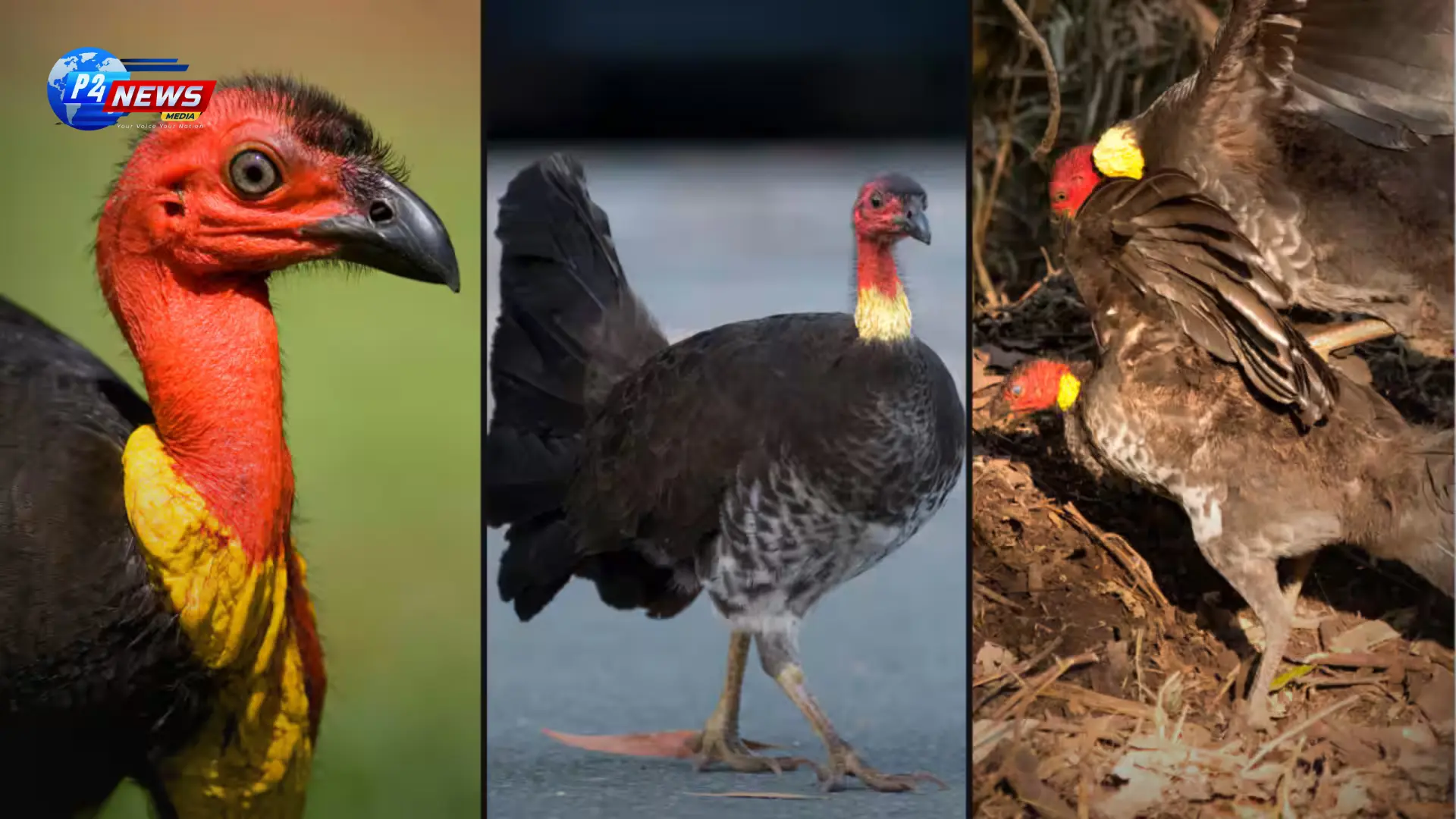Despite being labeled as less intelligent, brush turkeys are thriving in cities like Sydney and Brisbane, showcasing nature's resilience. Discover their fascinating return and the impact on local gardens.
Despite being labeled as less intelligent, brush turkeys are thriving in cities like Sydney and Brisbane, showcasing nature's resilience. Discover their fascinating return and the impact on local gardens.
Once considered a fading presence in urban landscapes, the Australian brush turkey is making a significant return to major cities like Sydney and Brisbane. This remarkable resurgence can be attributed to a combination of factors that have allowed these birds to adapt to urban settings, often associated with their unique behavioral traits. Previously, the brush turkey was hunted to local extinction in some areas during the 1800s, but recent years have shown a notable increase in their populations.
Identifiable by their distinct black feathers complemented by vibrant red necks and yellow wattles, brush turkeys have become a common sight in gardens and inner-city suburbs. A study highlighted in December revealed that, while these birds are retreating from drier regions, they are successfully colonizing urban spaces. Evidence of this can be seen in the numbers: Brisbane saw a jump from just 28 suburbs occupied in 1994 to 289 by 2019, whereas Sydney experienced a growth from 3 suburbs to an impressive 310 in the same timeframe.
The nesting period for brush turkeys typically spans from July to February, with most chicks emerging in November and early December. Residents may soon notice these chicks, which resemble small quails with their plain brown feathers, in their gardens. Ecologist Dr. Anne Göth notes that the shift towards native landscaping and mulched garden beds has played a significant role in attracting brush turkeys back to urban areas, as these environments facilitate their nesting behaviors. Furthermore, food sources such as bird feeders and outdoor pet food have contributed to their thriving populations, alongside a decrease in their natural predators, such as foxes.
As one of only three megapode species in Australia, brush turkeys have a unique reproductive method. They are the only ground birds that build mounds to incubate their eggs through fermentation. The male brush turkey monitors and regulates the temperature of these mounds using a remarkable sensory ability within his beak, carefully adjusting the nesting materials to ensure the optimal environment for egg incubation.
While the brush turkey’s resurgence is celebrated, their behavior can sometimes cause friction with local gardeners. Their inclination to strip vegetation and dig up mulch to create their nests can lead to challenges for those trying to maintain their gardens. Wildlife organizations like WIRES recommend leaving established mounds undisturbed for about 60 days to allow the eggs to hatch and chicks to disperse.
However, urban settings present risks for these heavy birds, as they are prone to accidents, including car strikes and attacks by domestic pets. Dr. Tania Bishop from WIRES mentions that the organization received over 1,400 calls regarding bird-related incidents in 2023 alone. Despite being protected as a native species in Australia since 1918, illegal hunting persists, with reports of individuals harming the birds.
Although current trends indicate a surge in brush turkey populations, experts warn that ongoing urban development could threaten their existence in urban settings. As habitats are reduced, the long-term future of brush turkeys in cities remains uncertain. Nevertheless, their current presence can serve as a reminder of wildlife resilience and the beauty of nature adapting even in the most unexpected places. Increasing awareness and appreciation of brush turkeys may encourage locals to coexist harmoniously with these fascinating creatures, celebrating their comeback as an integral part of Australia’s wildlife heritage.
'
Like
Dislike
Love
Angry
Sad
Funny
Pray
'Trump Tracker: Tulsi Gabbard's Surprising Appointment as US Intelligence Chief
November 14, 20249th Ayurveda Day in Melbourne: A Celebration of Ayurvedic Innovations and Global Health Impact
November 10, 2024🍪 We Value Your Privacy and Experience Hi there! We use cookies to enhance your browsing experience, provide personalized content, and analyze site traffic. By continuing to use our site, you consent to our use of cookies.







Comments 0